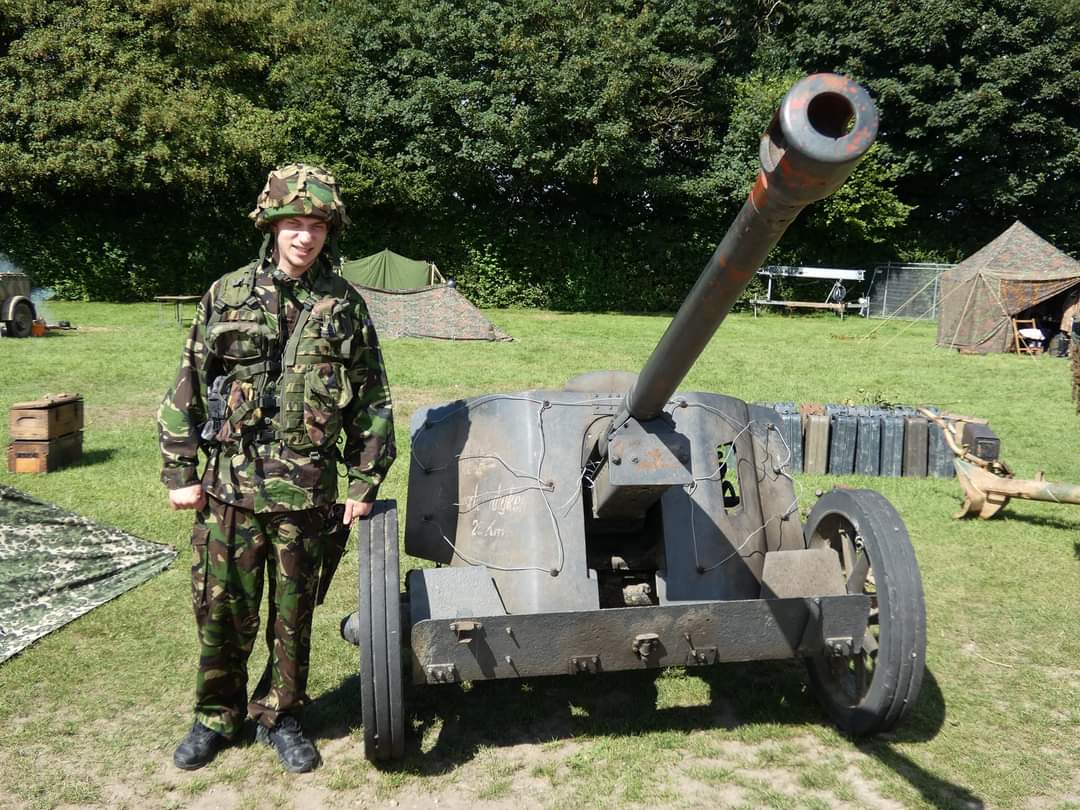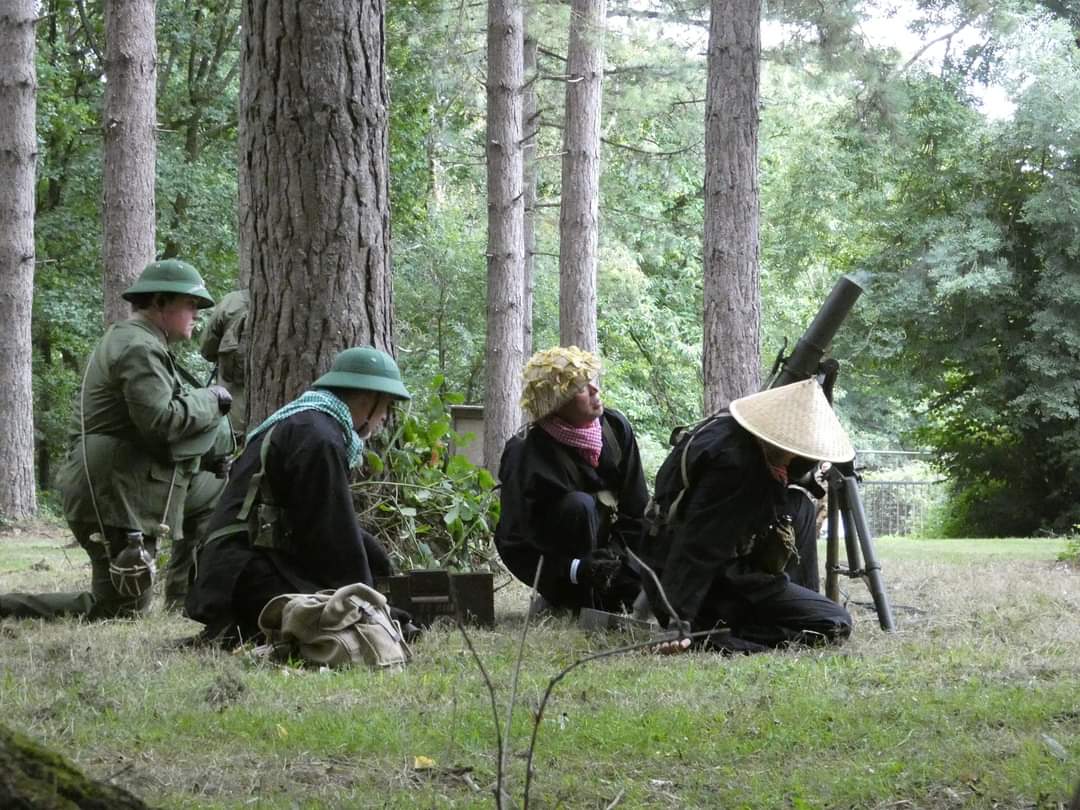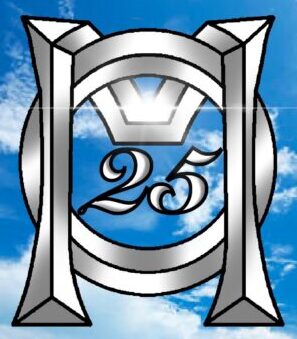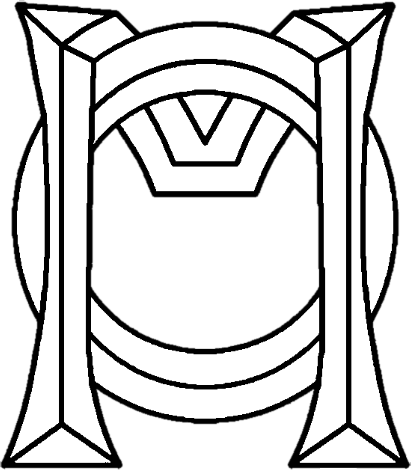Post War

Post War
The Postwar period refers to the era that followed the stop of World War II or the interval period that immediately follows the end of a war to resume later, such as the era between World War 1 and World War II. In contrast to the interval period, the post-war period refers to the end of a conflict entirely. United States’ entry into World War II caused various changes experienced in American lives. The war caused millions of Americans to enter into military service as migration was experienced by Americans who moved to cater to the war industries’ demands in the Pacific, Atlantic, and Gulf coasts that hosted the defense plants. After the war, American society built its economy, enhancing its affluence. During the postwar years, America provided opportunities for their war veterans’ to attain college education, purchase farms, and buy houses through their Public policies such as the passing of the GI Bill of Rights in 1944. Although America experienced prosperity and economic growth in the post-era period, not all Americans took part in the opportunity presented during this post-war period.


In America, the post-war era broadened the political consensus concerning communism and the Cold War. Although the political agreement began to break down after the United States intervened in Vietnam militarily in the mid-1960s, the United States’ foreign policies usually experienced bipartisan support. The Vietnam War created strident debates among the Americans that signaled the shattering of the Cold War consensus in totality. The post-war era marked the dissolution of the Soviet Union due to the trial to end the stagnation era through the reformation of political and economic systems of the Soviet which led to the collapse of the union. During the post-war days, families could reunite after the great depression created through the wars. The economic expansion began more employment ending unemployment with millions of veterans integrating into the society after returning home.


